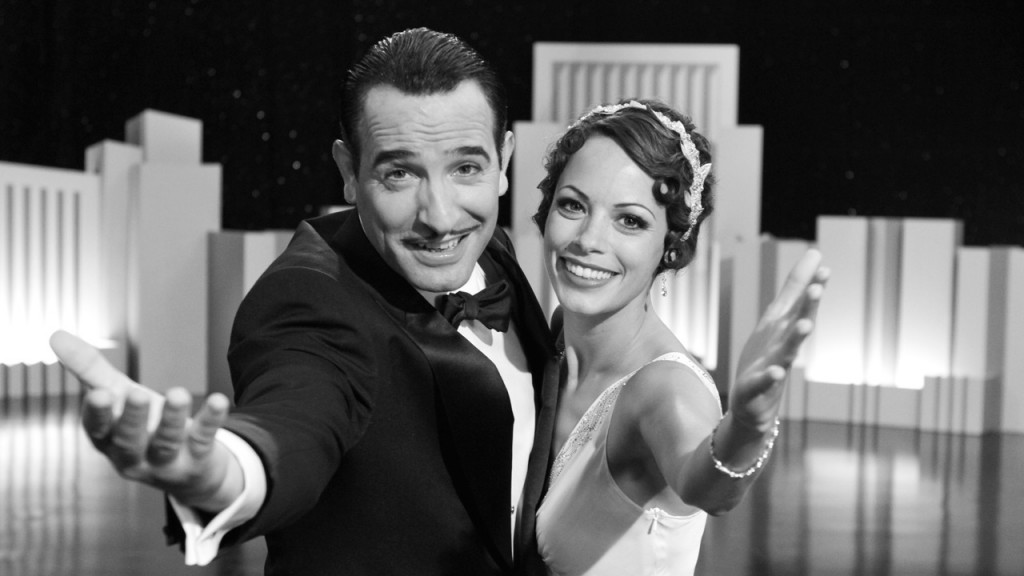Culture
In Case You Missed It: Fauxstalgia

You might want to stop rubbing radioactive waste in your eyes, because a Chinese boy named Nong Youhui has found out how to see in the dark the old fashioned way: by being born with cat eyes. In millions of years of evolution and mutation, we are finally a little close to being a world of Riddicks. As a recovering cynic, I fought off trying to interpret the Twilight Zone twist of his condition, but my inner curmudgeon won. Youhui will grow up frustrated, powerless in watching his parents stub their toes in the living room at night. Any movie or story with overt “light v. dark” imagery will be lost on him. It’ll make flashlight tag impossible.
My positive side eventually took hold. Knowing someone who could dispel your uncertainties is the model of any lasting friendship. You could get so much done outside of anxieties of the unknown instead of being resigned to comfort. There would be no leaps of faith, no doubt.
The discovery of Nong Youhui by Western blogs happened within days of the 84th annual Academy Award nominees. Alongside a child who completely changes what is construed as risk, the 2012 nominees are defined by risk-aversion. Many critics and news outlets have called the nominations safe and heavy on nostalgia. Most only reference Hugo and The Artist despite all nine nominees taking place in a defined past or span of years, (The Help, Hugo, The Artist, Moneyball, War Horse, Extremely Loud and Incredibly Close) or a modern man wrestling with how the past informs character (Tree of Life, The Descendants). Critics heralded Midnight In Paris, about a modern man who steps into a defined past era, as Woody Allen’s return to form. People were nostalgic over an old director’s new work on nostalgia.
My problem lies in the word itself. The modern definition allows us to be nostalgic for eras we never lived in, while others believe they are following the Mad Men definition. What we are dealing with is the anxiety of looking forward when the past is already certain. We cannot see in the dark, unknown of the future. We hug our old pop-culture comfort blankets and never let go. Yesterday, we hugged our collective Ferris Bueller body pillow.
Toyota revealed their Super Bowl ad featuring Matthew Broderick having his own day off from acting, told through rapid-fire references to 80’s movie Ferris Bueller’s Day Off. A really great movie. A movie so great, Matthew Broderick cannot step out of its shadow. He’s been great in other things, like Glory and The Producers, but our nostalgia is too unruly. It’s not a pain for the past because we’re giving salve for our aches. (Spoilers) He even has a cameo in New Years Eve where he’s named “Mr. Buellerton.” (end spoilers). Even when Alexander Payne cast Broderick as a high school teacher in Election, Day Off fans like myself imagined an alternate universe where a character a lot like Bueller never outsmarted Principal Rooney. It’s not just nostalgia because it stops us from enjoying the purity of a new thing. Something new and unknown showed itself from the dark uncertainty and we “Day-bow-bow”ed it into oblivion.
Christopher Borrelli calls the use of old genres and styles in new contexts as “New Nostalgia,” a term which makes me want to eat a baseball bat whole. The term has a buzzword feel, like Web2.0. I am not against the idea entirely, mind you. At the time I’m writing this, I’m listening to “electro-swing.” As a genre, it’s a modern reimagining of swing music using big band samples among electronic music loops. I wouldn’t call it innovative. It’s taking the old to create something that hasn’t been experienced before. I loved swing music as a kid, and as time moves forward, it will give me new ways to fetishize my past pop-culture pleasures in modern trappings, at once both regressive and progressive. It’s not innovative, it’s inevitable.
Analogously, to make a fetish out of nostalgia isn’t the best way to name Best Picture. Pick something that reflects the times. It’s the same argument the Academy made for picking Crash and forgot when it picked Driving Miss Daisy over Do the Right Thing. We had two good movies about the end of times and another one focusing on the future’s uncertainty. Or just nominate Drive. We don’t need to retread the same boring waters in the name of comfortable remembrance, and we especially don’t need to if it’s for a car. That’s not the human spirit. We adapt to uncertainties. We evolve.
Pingback: In Case You Missed It: We’ve made it! | Heave Media()